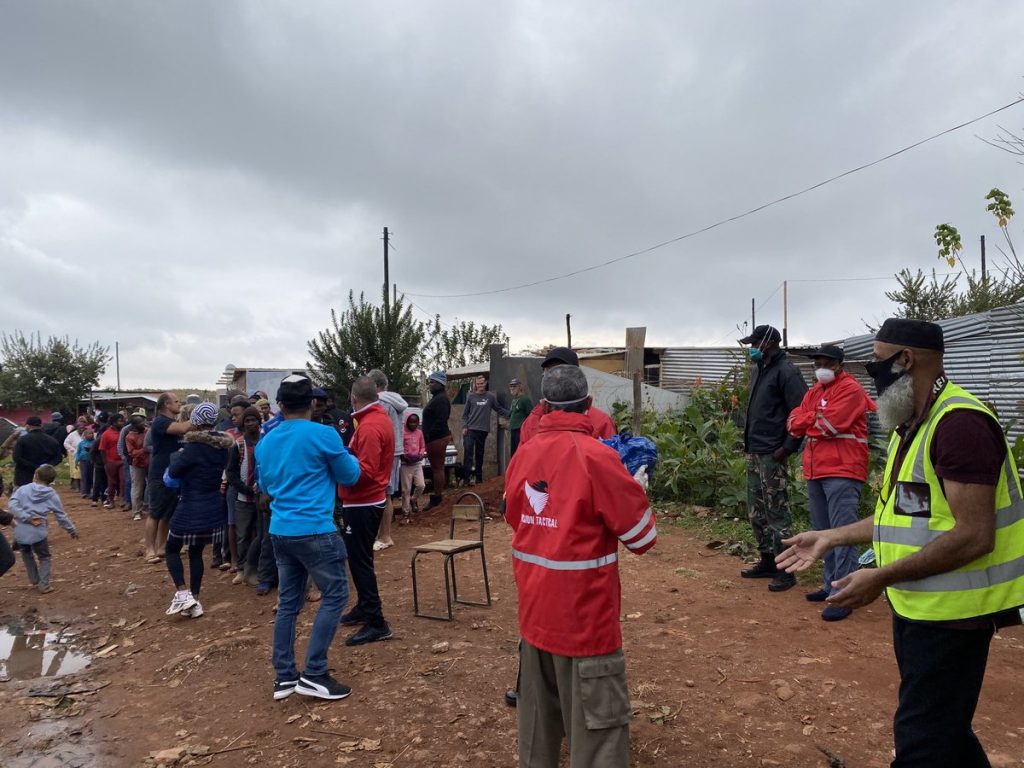
The Human Sciences Research Council (HSRC) says COVID-19 represents more of a sociological crisis than a biological crisis.
The HSRC was speaking to Radio Islam on Tuesday about a survey which has revealed that more than 20% of South Africans have no money for food.
Minister of Higher Education, Science and Technology Dr Blade Nzimande on Sunday announced the results of the survey, which was conducted to find out the impact and awareness of the coronavirus amongst South Africans.
According to the report, between 45% and 63% of respondents reported that the lockdown would make it difficult to pay bills, debts, earn income, feed their families and keep their jobs.
The HSRC’s Dr Saahier Parker says while 46% of respondents indicate that they would perceive themselves to be at a moderate to low risk as the country moves towards the easing of lockdowns on 1 May, it becomes a significant challenge to overcome when they move into social settings.
“Therefore a shift now moves from an exclusively biomedical one to a behavioral shift where each and every South African now have to take responsibility for themselves and those around them to protect us as a society and as a population from COVID-19 as up until this point we do not have any effective treatments nor a vaccine.”
Dr. Parker says the multi-level impact of unemployment, poverty and inequality in South Africa has been building up for the past 50 to 60 years.
“As a result of this we’re seeing the cumulative impact of the lockdown where just under a quarter of our respondents indicated that they had no money to buy food. This number goes up to about 55% in informal settlements where about two thirds of respondents in townships also reported that they had no money to buy food.”
Dr Parker says there has been some positivity with the rise of government and NGO’s especially during the month of Ramadan stepping up to assist the less fortunate and spreading the concept of ubuntu.
Listen to the interview with Dr. Saahier Parker







0 Comments